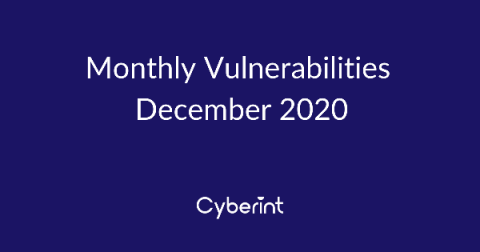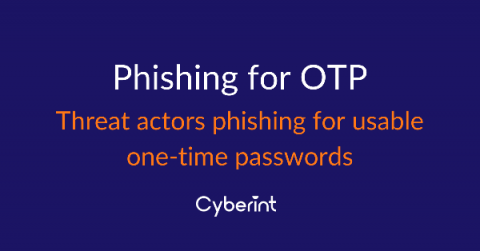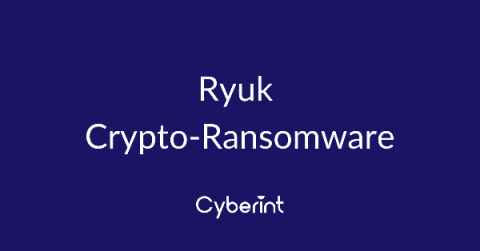Security | Threat Detection | Cyberattacks | DevSecOps | Compliance
Cyberint
The importance of Digital Risk Protection
Phishing for Lumens: A Stellar Stealing Campaign
With many financially-motivated threat actors targeting cryptocurrency, it comes as no surprise that users of 'Stellar', an opensource blockchain payment network, have recently been targeted in a somewhat convincing attack in an attempt to steal their holdings of Lumen (XLM), an 'altcoin' cryptocurrency.
SolarWinds Orion API LFI
Supplementing the SolarWinds Security Bulletin released in mid-December 2020, detailing a suspected nation-state threat actor introducing a backdoor into SolarWinds Orion versions 2019.4 HF5, 2020.2 and 2020.2 HF1, this bulletin provides an update based on recent observations in late December 2020 and early January 2021.
Monthly Vulnerabilities - December 2020
This bulletin provides an overview of four critical vulnerabilities observed during December 2020, some of which are known to have been actively exploited, and it is recommended that organizations apply all necessary security updates and/or mitigation steps to prevent the exploitation of.
Trickbot Malware-as-a-service
First identified in late 2016, 'Trickbot' evolved from being a well-established banking trojan into a malware-as-a-service (MaaS) threat utilized by both cybercriminals and nation-state threat actors for predominantly financially motivated campaigns. Supporting modular components, Trickbot campaigns will differ based on the requirements of the MaaS 'customer' with many being used to steal personal and financial data as well as deploying ransomware threats, such as 'Conti' and 'Ryuk', to victims.
SolarWinds Supply Chain Attack
Following the attack on FireEye, the US Department of Homeland Security (DHS) has issued an Emergency Directive (ED) regarding a backdoor being exploited in SolarWinds Orion products, versions 2019.4 through 2020.2.1 (inclusive). Based on file signatures, FireEye considered this campaign to have started around March 2020, potentially affecting up to 18,000 organization worldwide.
Phishing for OTP
Analysis of a recently detected phishing kit, targeting a retail bank based in the Philippines and submitted to VirusTotal, led to the identification of a low-sophistication method used by threat actors in an effort to phish for usable one-time passwords (OTP) along with account credentials.
Ryuk Crypto-Ransomware
First identified in 2018, 'Ryuk' is a known malware often dropped on a system by other malware, most notably TrickBot and Bazaarloader by using a Spear Phishing lure or other systems access gains via Remote Desktop Services. Ryuk demands payment via Bitcoin cryptocurrency and directs victims to deposit the ransom in a specific Bitcoin wallet.











